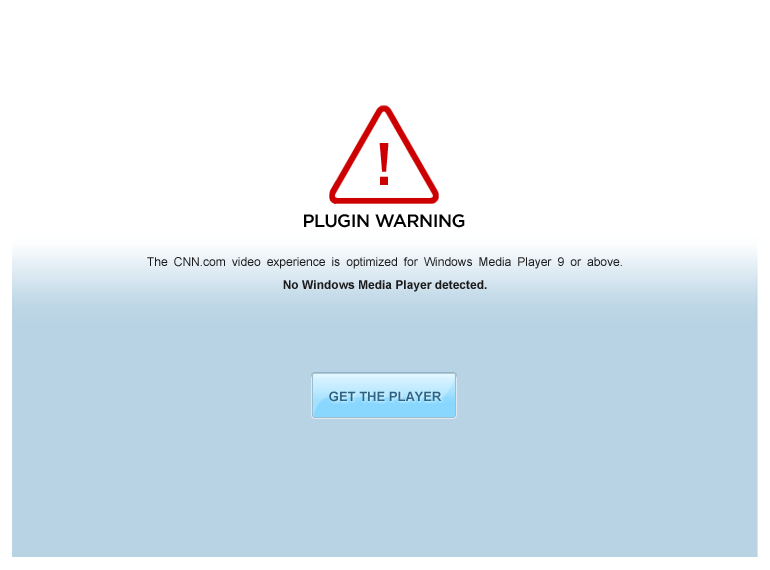Looks like SCO is trying to move the goalposts again – this time they have introduced new allegations way after the final deadline for such and IBM is mightily annoyed.
First they provide a brief rundown of what was supposed to happen:
As the Court is aware, IBM has asked for years that SCO specify its allegations of misconduct by IBM. Ultimately, after repeated motions to compel and for summary judgment necessitated by SCO’s refusal to disclose the materials at issue in the case, the Court entered an order setting October 28, 2005 as the “Interim Deadline for Parties to Disclose with Specificity All Allegedly Misused Material” and December 22, 2005 as the “Final Deadline for Parties to Identify with Specificity All Allegedly Misused Material.” The parties also reached an agreement that both parties were required to identify with specificity any and all material that each party contends the other has misused no later than December 22,2005. Both parties submitted such materials on the required dates, and advised the Court that they had nothing more to provide.
then they explain how they believe that SCO is abusing the rules of court:
Despite this, three of SCO’s May 19, 2006 expert reports, those of Drs. Cargill and Ivie and Mr. Rochkind, significantly exceed the scope of the Final Disclosures – indeed, Dr. Cargill’s report effectively seeks to reinvent the case, introducing both new categories of allegedly misused material and a new theory of recovery which relates to them. The Rochkind and Ivie Reports also exceed the Final Disclosures, adding material never before disclosed by SCO. SCO’s refusal to identify exactly what is at issue in this case more than three years into the litigation — and nearly six months after the expiration of its Court-ordered deadline to do so — should be rejected. If allowed to ignore the Court’s Order in this way, SCO will have drastically expanded the scope of this case, just weeks before IBM’s opposing expert reports are due and just months before the dispositive motion cut-off, all to IBM’s substantial prejudice.
In their supporting documentation IBM notes that SCO now claim to own virtually everything:
SCO’s new copyright claims regarding the overall structure of SVr4, the structure of the entire SVr4 file system and system calls are not minor additions to the Final Disclosures. On the contrary, they represent a significant departure from the Final Disclosures. The Final Disclosures’ copyright allegations implicated only 12 Linux kernel files and 326 lines of code from the kernel.3 Since SCO’s new theories challenge the overall structure of Linux and its file system, they appear to implicate virtually every file in Linux, which is comprised of millions lines of code. As a practical matter, the Cargill report effectively pleads a brand new and complex (although still meritless) case.
To add to the general sense of SCO’s desperation IBM note that they now claim to own the entirety of STREAMS and the entirety of the ELF ABI, including the magic number for ELF executables!
The Cargill report also introduces into this case, for the first time, claims to the ELF “magic number” (Cargill Rpt. at 76-78) (a unique pattern identifying the type and intended use of a file).
How annoyed are IBM – well about this annoyed..
Although we do not burden the Court with a request for sanctions, we believe an order entering sanctions, including the costs of this motion, would be justified.
Via Groklaw
